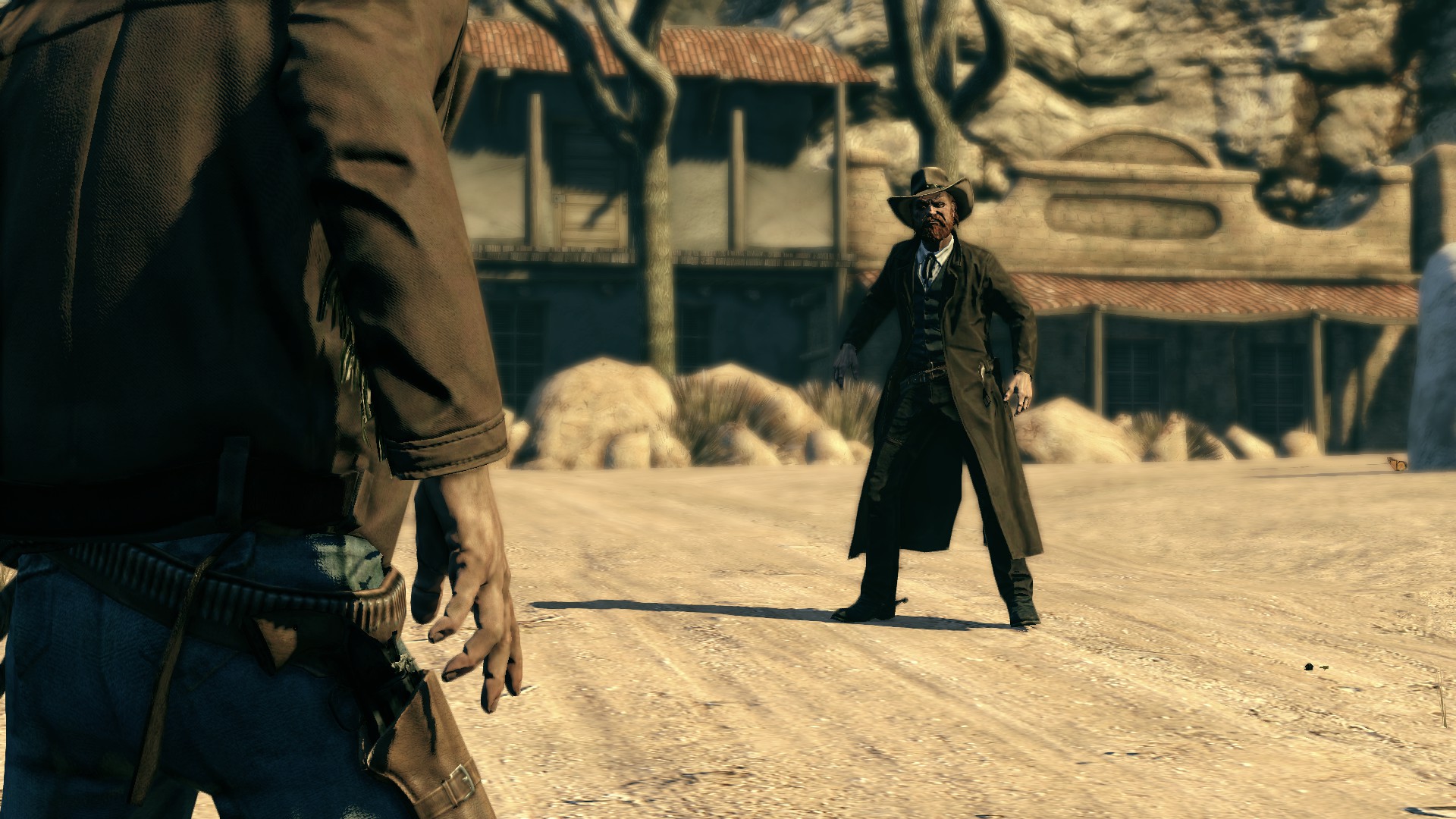

Indeed not so far apart, either, with apparent personal acknowledgement that D&D "could be used for" rather than "was produced/published for" roleplaying and narrative creation ( ) as the Bristol Rules clearly were, although leading off PatW with D&D as the "progenitor of all RPGs" did rather put me on the back foot once again given the prevailing knee-jerk tendency that "everything before D&D is a proto-RPG" (paraphr.) per that fun little Dragonsfoot thread ( ), etc.Īlways depending on what list of criteria was chosen to confer such status (usually D&D-centric, of course. Glad you managed to track down the Bristol zines, Jon. (The Acaeum's helpfully providing 504 Gateway errors for links to half their forum archive just now hey, ho.!)


Was the precise date of his London trip ever pinned down? Given the implied timeframe that, to me, always reinforced the question how Arneson managed to pick up the Bristol Dice while somehow "missing" the Bristol Rules. Curtis had muscular dystrophy, spending much of his life in a wheelchair, and died on August 18, 1975, at the age of 28. We might well wonder what Steve Curtis thought of the rise of role-playing games, and whether his Western Gunfight would have qualified as one, but he did not live to see those days. The shift from these wargames to role playing was, as they say, an elusive one. Moreover, given how the Bristol gamers recommended using the Western Gunfight rules, would deeming it an RPG really be so different from how a certain set of "rules for fantastic medieval wargame campaigns" itself came to be understood in retrospect as a role-playing game? This comes down to questions about the distinction between rules and play that make it difficult to definitively classify RPGs even in the present, like whether role playing was an emergent or intended property of D&D. But that was far from the only one: the British Once Upon a Time in the Westrules, published as a wargame in 1978, were hastily amended with a supplement called The Return of that presented the rules as role playing "cause that's what they are," as the game's publisher insisted.Īnd inevitably, when Lou Zocchi reissued a boxed set of the Western Gunfight rules in the early 1980s, the cover would call it the "Old West Gunfight Role Playing Game." Rebranding earlier miniature wargames as RPGs was often merely a commercial ploy, though we'd be hard pressed to find an earlier ruleset reissued as one.

The most famous is of course Boot Hill, a 1975 TSR pamphlet which would be redone as a boxed RPG in 1979. Once RPGs became a thing, many previous "miniature wargaming" titles were rebranded as RPGs, including some Old West games. It furthermore starkly illustrates that the shift toward character and story driven games was not unique to the Twin Cities and Lake Geneva - it was instead a broader movement. But the fact that they had to pose the question, that they were sufficiently aware that some would hesitate to classify their activities as wargames, was perhaps the earliest published inkling of the dawn of a new genre. Their sessions were run by an umpire, and as the account of El Manolito from Journal #8 shows, could have ten or more players controlling the "goodies" and "baddies" in their sessions.Īs Curtis himself would put it, "Who wins doesn't really come into it." All this ultimately led the Bristol gamers to ask, in the title of one of their articles, "But is it really wargaming?" They hoped it was - they considered themselves wargamers and hoped to sell to other wargamers. The Bristol gamers quickly recognized that their approach had become different from the norm, and began documenting their perspectives on embodying characters. The Western Gunfight Wargame Rules furnish a striking example of the emergent properties that can appear in a man-to-man scale wargame campaign when it is staged in a setting familiar from genre stories. When they shifted their focus to these characters and stories, had they crossed the threshold into what we should call "role playing"? In the pages of their own obscure Bristol Wargames Society Journal, and in the widely-read Wargamer's Newsletter, they began to position these games not as traditional conflict simulations, but instead as ways of telling Old West stories involving continuous characters, like the villainous "El Manolito" enjoying the spoils of his success in this 1970 rendering above. In 1970, a group of UK gamers located in Bristol published the first edition of their Western Gunfight rules, which recorded systems they had been running locally since the late 1960s.


 0 kommentar(er)
0 kommentar(er)
